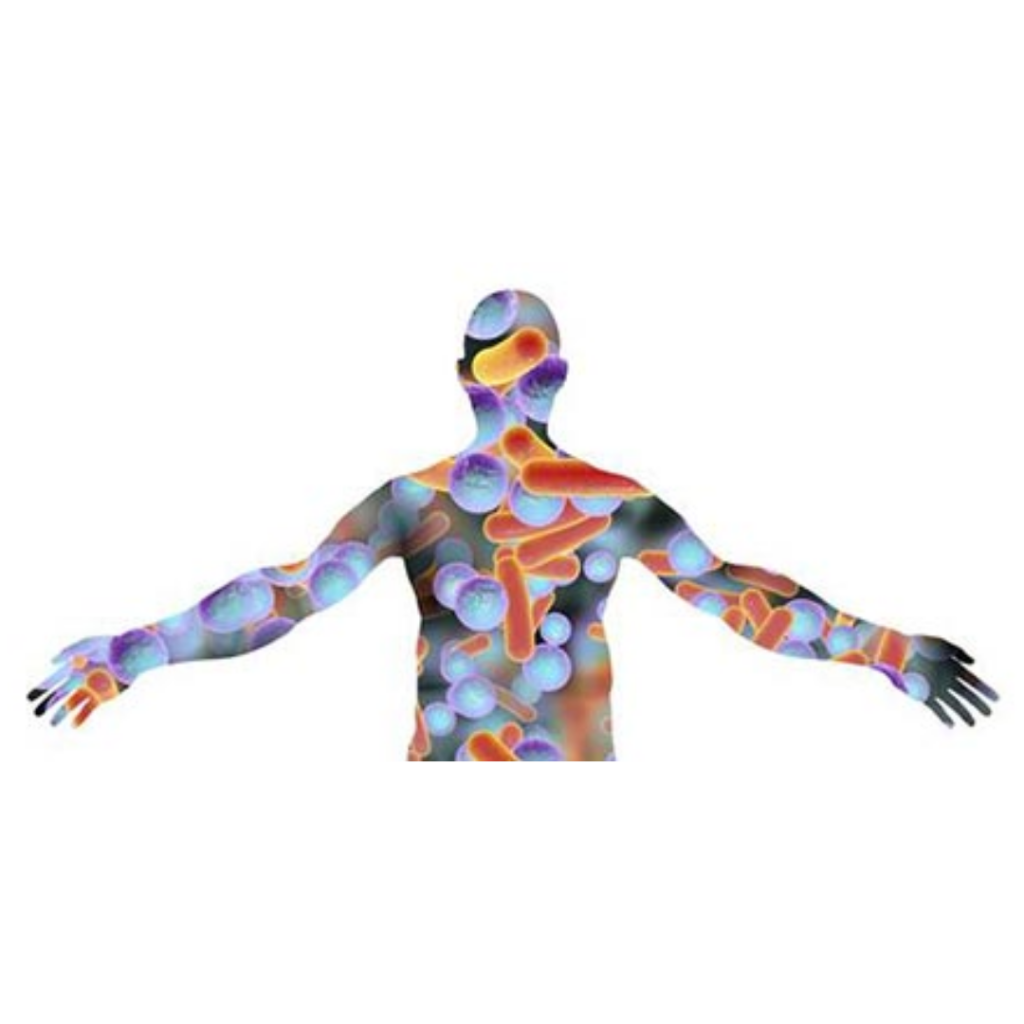We have microbes in our gut and all over our body. Microbes are living single cell microorganisms and include bacteria and fungi. There’s an astonishing number! Of course they’re invisible because they are so small. In our gut live microbes that literally keep us alive. Without these gut microbes our digestive system would not function efficiently; they help digest the food we eat, educate our immune system and help us resist disease.
We are all so different and so is the diversity of our gut microbes. Our microbial biodiversity reveals the number of different types that populate our body, and it’s better to have a larger variety. This biodiversity is determined from the time we are born when we inherit bacteria from our mother, and continues to develop in the first years of life.
Apart from the first years of life and diet, what other factors affect the distribution of different microbes? Well, as you would expect our everyday environment has an effect. Where we spend our time certainly influences our microbial biodiversity and this area is now being closely looked at.
If you spend most of your time indoors, in a controlled environment like an office, school or hospital, you are more likely to be populated with microbes normally found on skin and in saliva. Yes, microbes transferred through human contact. Also, microbial diversity isn’t exactly supported in enclosed environments where air is filtered, heated, cooled and there may not be any windows that open to allow for renewed air from outside.
If you spend more time outside, you are likely to be populated with beneficial microbes from soil and plants; yes the microbes found in nature. There’s a much greater diversity of microbes outdoors.
One consideration is to promote beneficial microbes that we want from the outside to come inside. However, the growth of beneficial microbes has been affected by our actions to control the sterility of our environments such as through the use of sanitisers, again having an impact on our health.
Tania King
Education Coordinator
